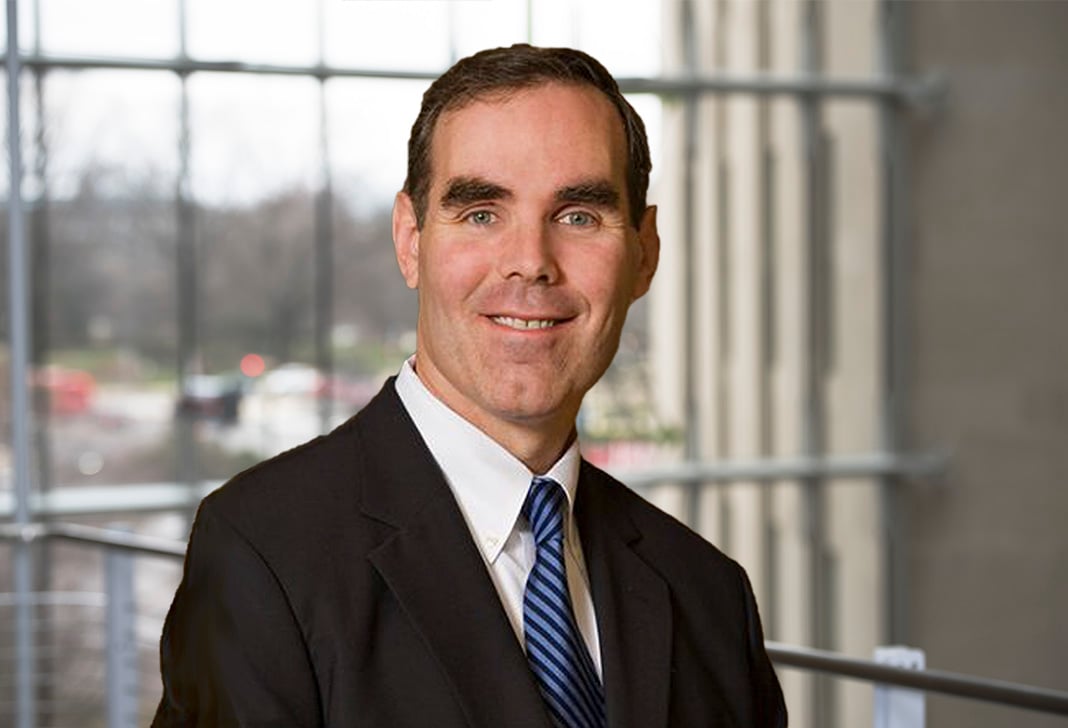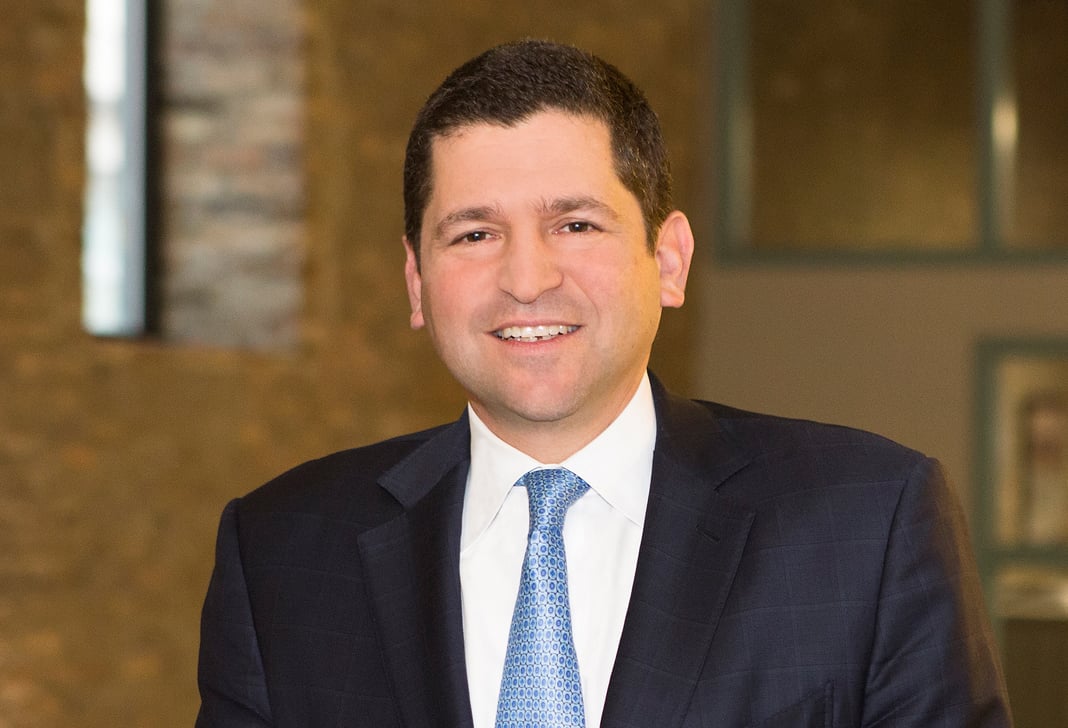Court Enters Judgment Against EEOC in Criminal Background Check Case
In a remarkably harshly worded decision issued on August 9, Judge Roger Titus of the United States District Court for the District of Maryland granted summary judgment against the EEOC in its challenge to the use of criminal background and credit history checks by a Maryland-based family-owned company that employs more than 3,500 full-time and 25,000 part-time and seasonal employees throughout the United States. EEOC v. Freeman, Memorandum Opinion, Case No. RWT 09cv2573 (D. Md. August 9, 2013), ECF No. 149. In his decision, Judge Titus took aim at both the EEOC's theory and the agency's statistical expert, Kevin R. Murphy.
The EEOC filed the suit against Freeman in 2009, alleging that the company's criminal background and credit history checks had an adverse impact against African American, Hispanic, and male applicants. Through rulings on prior motions, the court had winnowed the case down to a "credit class" consisting of 51 African Americans who were allegedly unlawfully excluded from hire as a result of the company's credit check and a "criminal class" consisting of 83 African Americans and males who were allegedly denied employment based on their criminal histories. With his August 9 ruling, Judge Titus dispensed with these remaining claims and entered judgment in Freeman's favor.
Using phrases such as "an egregious example of scientific dishonesty" (Mem. Op. at 18), the "mind-boggling number of errors contained in Murphy's database" (id. at 19), and "a laughable attempt to better capture the relevant time period" (id. at 20), Judge Titus easily found Murphy's conclusions to be "completely unreliable" (id. at 14) and insufficient to support a finding of disparate impact. Significantly, Judge Titus noted that Murphy was the same expert whose testimony was stricken in EEOC v. Kaplan Higher Learning Education Corp., Case No. 10 CV 2882, 2013 WL 322116, at * 10-11 (N.D. Ohio Jan. 28, 2013), and that the same rationale warranted exclusion of his report in the Freeman case. Mem. Op. at 18. On the same basis, he also disregarded the report of the EEOC's second expert.
Judge Titus also easily dispensed with the EEOC's attempt to rely on general statistics. Without company-specific data to establish any adverse impact of the challenged practices, the EEOC fell back on arguing that certain national statistics regarding racial disparities in credit ratings, arrests, and convictions were sufficient to show that the company's practices had an adverse impact. The court concluded that there was no evidence that these general statistics were representative of the relevant applicant pool, and, in any event, the statistics included arrest and incarceration rates that were not considered under Freeman's hiring criteria. Moreover, the EEOC had the burden of proving an adverse impact, and because the EEOC had failed to offer any reliable evidence of disparate impact, its claim failed as a matter of law.
Finally, Judge Titus held that, in any event, the EEOC had failed to identify the specific policy that caused the alleged disparate impact. For this additional reason, Freeman was entitled to summary judgment.
In conclusion, Judge Titus wrote:
By bringing actions of this nature, the EEOC has placed many employers in the 'Hobson's choice' of ignoring criminal history and credit background, thus exposing themselves to potential liability for criminal and fraudulent acts committed by employees, on the one hand, or incurring the wrath of the EEOC for having utilized information deemed fundamental by most employers. Something more, far more, than what is relied upon by the EEOC in this case must be utilized to justify a disparate impact claim based upon criminal history and credit checks. To require less, would be to condemn the use of common sense, and this is simply not what the discrimination laws of this country require.
Mem. Op. at 31-32.
Employers can take comfort that Judge Titus recognized the failings of the EEOC's recent actions and that, at least in this one case, common sense has prevailed.
Lawyer Contacts
For further information, please contact your principal Firm representative or one of the lawyers listed below. General email messages may be sent using our "Contact Us" form, which can be found at www.jonesday.com.
Fred W. Alvarez
Silicon Valley
+1.650.739.3977
falvarez@jonesday.com
Terri L. Chase
New York
+1.212.326.8386
tlchase@jonesday.com
Lawrence C. DiNardo
Chicago
+1.312.269.4306
lcdinardo@jonesday.com
Eric S. Dreiband
Washington
+1.202.879.3720
esdreiband@jonesday.com
Michael J. Gray
Chicago
+1.312.269.4096
mjgray@jonesday.com
Brian M. Jorgensen
Dallas
+1.214.969.3741
bmjorgensen@jonesday.com
Alison B. Marshall
Washington
+1.202.879.7611
abmarshall@jonesday.com
Deborah A. Sudbury
Atlanta
+1.404.581.8443
dsudbury@jonesday.com
Jones Day publications should not be construed as legal advice on any specific facts or circumstances. The contents are intended for general information purposes only and may not be quoted or referred to in any other publication or proceeding without the prior written consent of the Firm, to be given or withheld at our discretion. To request reprint permission for any of our publications, please use our "Contact Us" form, which can be found on our web site at www.jonesday.com. The mailing of this publication is not intended to create, and receipt of it does not constitute, an attorney-client relationship. The views set forth herein are the personal views of the authors and do not necessarily reflect those of the Firm.





